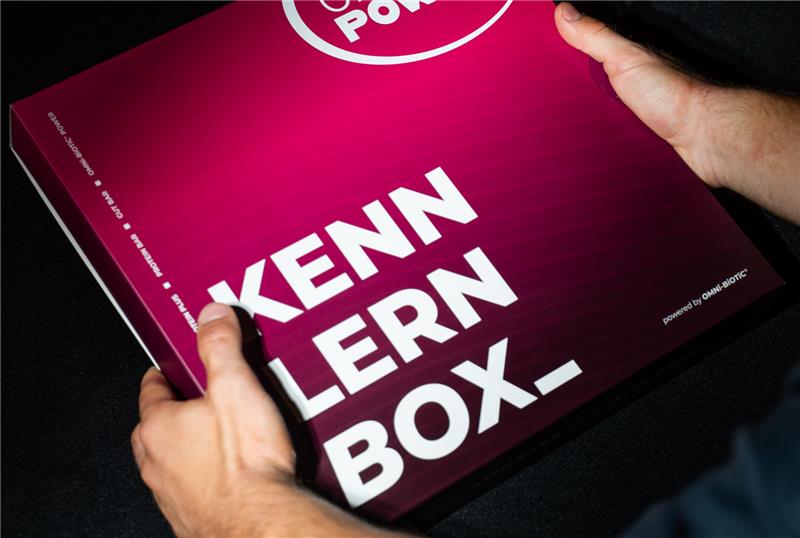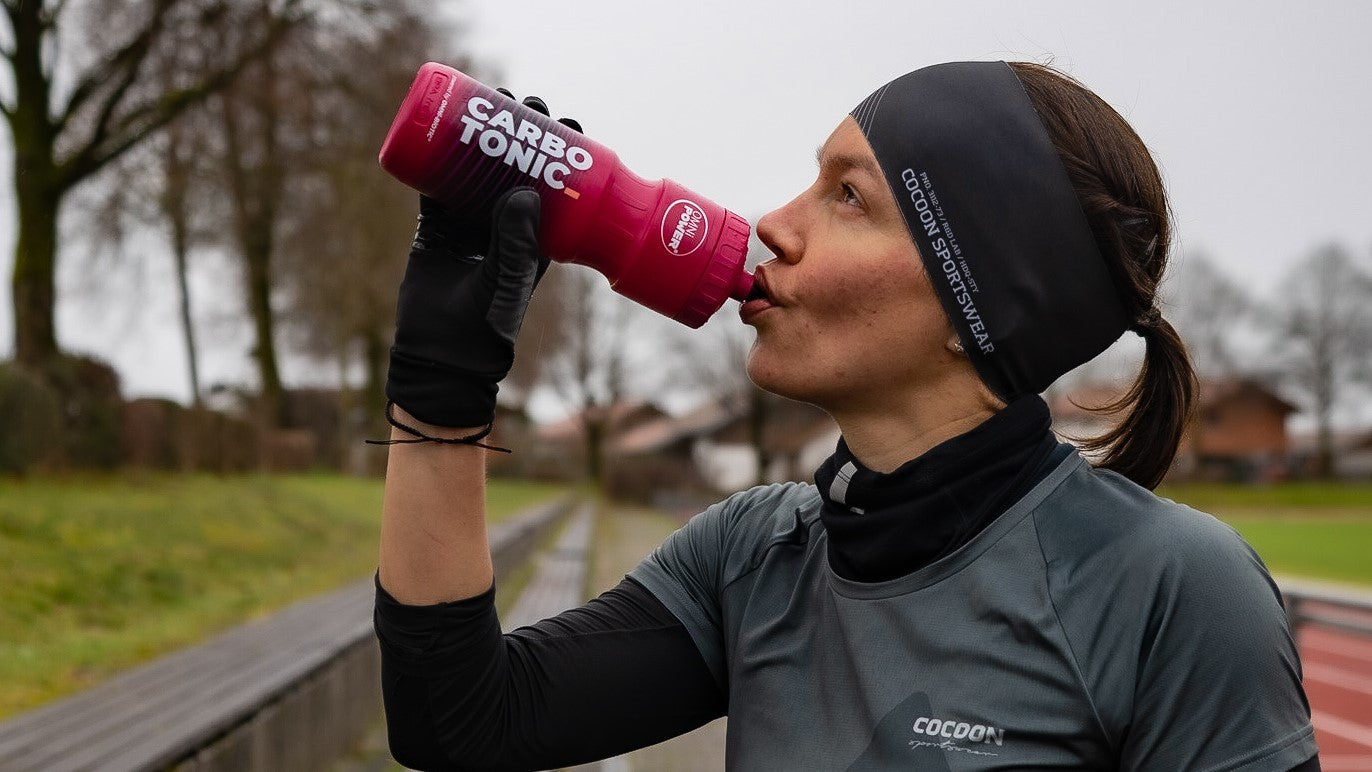Regeneration in sport | Ice bath, protein shake, antioxidants? | HGH growth hormones
Too much training leads to permanent injuries, overtraining, a weakened immune system and, as a result, constant training cancellations due to illness and ultimately the desired increase in performance does not occur.
In this article we will take a closer look at what optimal regeneration can look like and what role the growth hormone HGH plays in it.
Regeneration – balance between training and rest phase
First of all: In order to better understand processes in the body, we should be aware that the body always strives to achieve balance and wants to be prepared for possible upcoming stresses.This also applies to the topic of training stimulus and performance improvement.
If you apply a stimulus, the structure is injured and inflammation occurs. This is necessary in order to be able to carry out an adaptation (= adjustment) and consequently an increase in performance. This means, for example, that the muscles are strengthened and the mitochondrial density increases.
If you interrupt this process prematurely using a variety of aids, you deprive the body of its great potential for performance-enhancing effects.
These processes should not be interrupted too often, especially in the winter months, as performance adaptations should be achieved, especially in this period.
Adaptive regeneration
Now the question naturally arises: which regeneration agents can be used to promote adaptation, but not to accelerate or interrupt the regeneration phase itself?
These regeneration aids help promote adaptation:
- A healthy body in which there are few inflammatory processes (e.g. in the intestines) has more energy to carry out regeneration processes
- Get enough sleep! If possible, you should take a power nap in the afternoon every now and then!
- HGH (Human Growth Hormone) : The growth hormone (human growth hormone = hGH) is a peptide hormone produced by the body. HGH stimulates cells to divide and grow and thus has an anabolic effect (muscle building). It is also used for doping purposes, but this is prohibited.
- HGH can only be produced by the body during sleep, which once again emphasizes the important role that good sleep plays
- High or too low abdominal fat levels have a negative impact on HGH levels. Ideal hormonal functioning is around 10-12% for men and around 20% for women. Levels that are too low in women can lead to missed periods, low bone density and reduced fertility
- Insulin secretion has another major influence on HGH. Insulin spikes, such as those caused by cola and the like, disrupt the signal control of the growth hormone
- Fasting, on the other hand, is helpful in increasing hormone levels. In bodybuilding, people often fast for over 12 hours in order to increase production by a factor of 2,000
- The amino acid arginine also appears to have a positive influence on HGH production
- The Gabba amino acid also increases HGH production. It is produced by various intestinal bacteria and is crucial for good sleep. While melatonin improves the process of falling asleep, Gabba is considered a sleep transmitter (can also be supplemented)
In order to achieve the best possible increase in performance in the future, adaptive regeneration measures should be used instead of regeneration aids.
Did you know,..
..that there is also a suitable podcast for many blog posts?Your hosts are Simone Kumhofer (sports and nutrition scientist, professional triathlete and expert in intestinal health and the microbiome) and Chris Nindl (triathlete, former cyclist and organizer of the APFELLAND TRIATHLON )
Take a listen! - Click here for the podcast!








